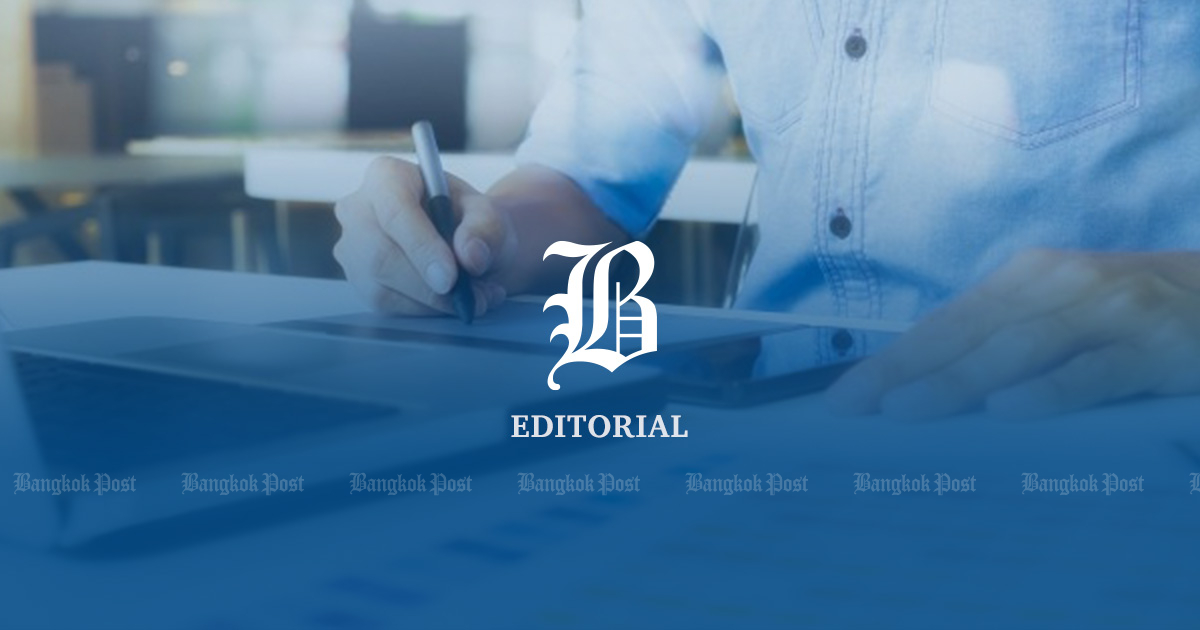
The Ministry of Public Health will start delivering 8.5 million Covid antigen test kits (ATKs) to the public on Wednesday. It's the first lot ATKs and the government expects to buy more in the months to come.
One of the challenges to come with all the kits is -- what will be done with them once they're used?
The discarding of used ATKs will only add to an ever-growing mountain of Covid-infectious waste which is currently mainly face masks. Without an appropriate collecting and disposal system, such discarded waste has been polluting various environments such as canals and even our coastal waters.
According to the Bangkok Metropolitan Administration (BMA), the amount of contaminated waste has grown from 61.19 tonnes a day in April to 120 tonnes a day in mid-August, which exceeds the capital's infectious waste incineration capacity of 70 tonnes a day.
At the national level, the amount of contaminated waste rose from 212.41 tonnes a day in June to 275.72 tonnes a day in July and the Ministry of Public Health predicts the amount will climb to 330.87 tonnes a day sometime this month. However, the country's recognised incineration capacity is 278 tonnes a day.
The biggest challenge with Covid-infectious waste is that it requires specialist handling.
During normal times, such waste is typically limited to hospitals and medical facilities and is managed by a professionally licensed waste disposal company, which is costly.
As part of that, the company's specialised workers need to wear face masks, gloves and other forms of personal protective equipment (PPE). They also use specialised vehicles to haul waste to be incinerated at a specialised facility. Finally, the ashes from the burnt waste must be disposed of at a separate disposal site lined with special non-permeating textile material.
There has been concern about the piles of face mask, PPE, and rubber glove waste since last year but the authorities have done little to deal with the problem. Now with the ATKs, that are expected to end up in household garbage bins in the months to come, matters are expected to get worse.
So far, the BMA has only told people to place infectious waste separately in red plastic bags and drop it off at district offices, or near the garbage bin in front of their house.
There are no highly accessible designated spots for people to dispose of their infectious waste, nor a separate infectious waste-collecting service for the public. What we see are ordinary city garbage collectors, only wearing face masks, risking their health as they collect infectious waste from the city's residents.
Without a reliable disposal system, infectious ATKs, like face masks, will end up polluting our environment.
Given the growing scale of the problem, environmental and health experts are increasingly asking the Public Health Ministry and local administrations to get proactive about the issue.
There had been a suggestion to allow industrial incinerators and furnaces to burn infectious waste but it did not gain much attention from the authorities.
But promisingly, last week, the Federation of Thai Industries held talks with both the BMA and private sector to launch a pilot project at the community level to create a model to deal with infectious waste and the coming millions of ATKs sets.
Let's hope something comes from it, as without a proper disposal system, infectious waste from Covid measures will become a new problem for our "new normal" Covid lifestyle.
